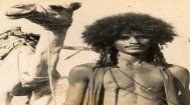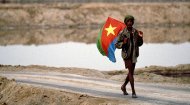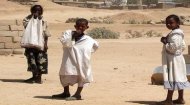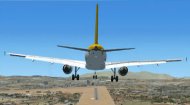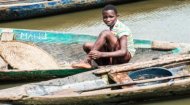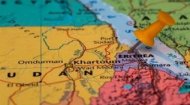|
Eritrea Profile |
Eritrea Profile |
Eritrea Profile | Eritrea Profile |
About daily life in Eritrea with details of its people, infrastructure and customs together with a video.
More >
Take a virtual reality profile tour of Asmara the capital city of Eritrea in pictures, map, and video.
More >
Read all the latest news and current events from Eritrea online at our Eritrea news page. Updated daily.
More >
|
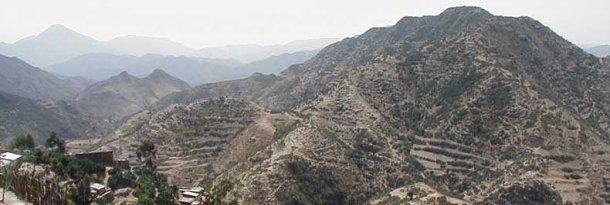
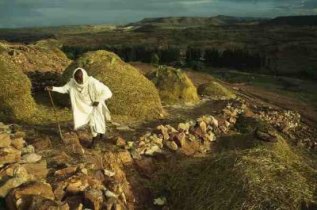 Today Eritrea faces significant internal and external challenges that contribute to instability. As an authoritarian state with a single political party, the People's Front for Democracy and Justice (PFDJ), it severely restricts civil liberties, including freedom of speech, assembly, and the press with the Human Rights Watch reporting widespread human rights abuses, including arbitrary arrests, detention without trial, torture, and harsh prison conditions. Tensions also remain high with neighbouring countries, particularly Ethiopia, where there are ongoing border disputes. The conflict in northern Ethiopia has led to increased security measures and the mobilization of Eritrean armed forces. Despite its rich past, Eritrea is now an impoverished nation, with around 85-90% of its 3.89 million (2025) reliant upon subsistence farming. This translates to roughly 60% of the total population being directly involved in agriculture, according to a statement from the Food and Agriculture Organization, meaning a significant portion of the rural population depends on favourable weather conditions for their livelihoods, making them vulnerable to climate change impacts. Abject poverty is running at 1.36 million people (38.9% of the population), and water scarcity is classified as high, with droughts occuring on average every five years. Yet there has been some progress in Eritrea. Some 40,000 orphans have been placed back within their extended families from institutionalised orphanages. Eight thousand disabled children have left institutions to be cared for at home whilst a further 3,500 children have been integrated into mainstream schools. Over 16,000 street children have been brought within the educational framework and the deaths rates of children from malnutrition have halved in recent years. However Eritrea remains one of the world's least developed countries and is in 178th place out of 193 countries and territories in 2025 when ranked in terms of life expectancy, literacy, access to knowledge and the living standards of a country. Find out more about the nation of Eritrea in our profile pages above and get further insights watching the video (left.) |

